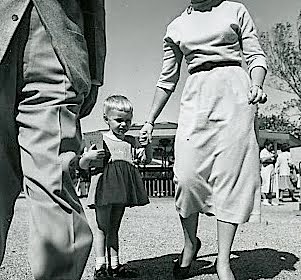 The heart of The Turn of the Screw is a manuscript written by a governess about a singular experience in her employment. In order to appreciate the position from which she is writing, indeed, the position from which she is making sense of the experiences themselves, a quick look at the historical position of the Victorian governess is absolutely essential.
The heart of The Turn of the Screw is a manuscript written by a governess about a singular experience in her employment. In order to appreciate the position from which she is writing, indeed, the position from which she is making sense of the experiences themselves, a quick look at the historical position of the Victorian governess is absolutely essential. Because she was neither family member nor working class servant, the governess held a peculiar and ill-defined role in Victorian society, a society which found middle-class female employment problematic. The only time a woman of genteel birth was justified in seeking employment was if she found herself in financial distress and had no male relatives to give her support. The governess was usually a lady forced to support herself because of her father’s death or financial ruin. While it was paid work, it was “respectable” labour. In the gender-appropriate domestic sphere and among the respectable classes, she was kept from contact with the vulgar and “common” world of working class employment. But because she was nevertheless employed, her social status was lessened. Definitely not a servant nor a menial, she was nevertheless not quite a class equal of her employers. In fact, aristocratic and middle-class Victorians were often not sure how to treat the governess: while she was roughly from the same social class, her lack of financial stability made her their obvious inferior.
The governess occupied a grey area in the class hierarchy of the Victorian household: she was “above” the servants, but “below” the family. And in no area was her class dilemma more clear than in the attenuated marriage prospects of the governess. She would likely remain a spinster since she must not consort with men from inferior or superior classes.


























































No comments:
Post a Comment